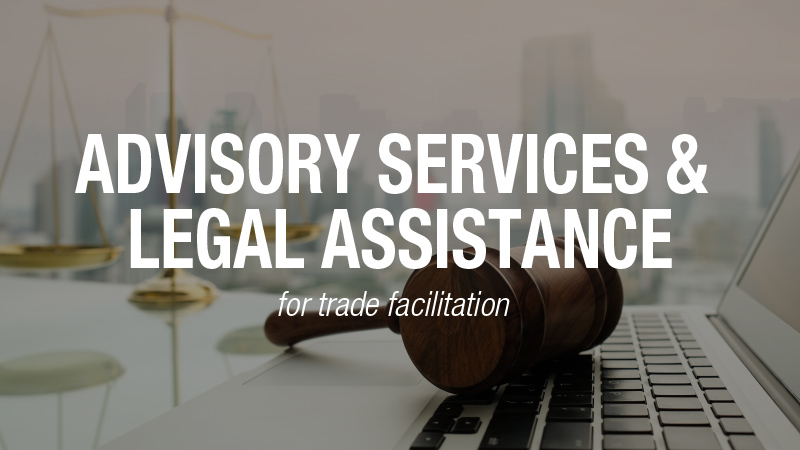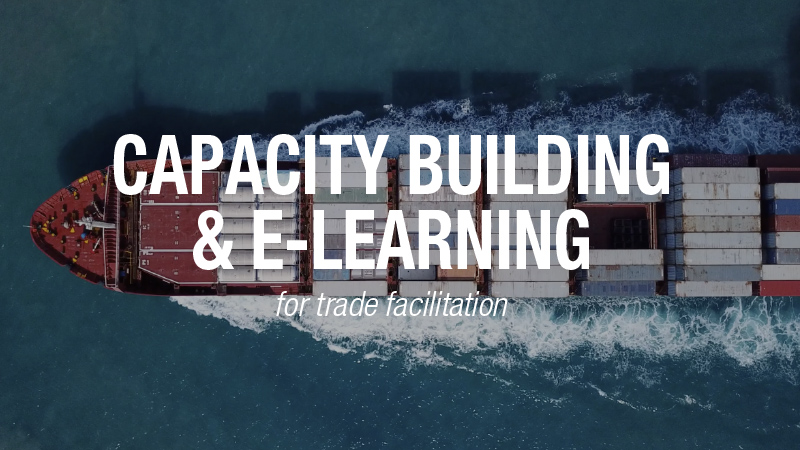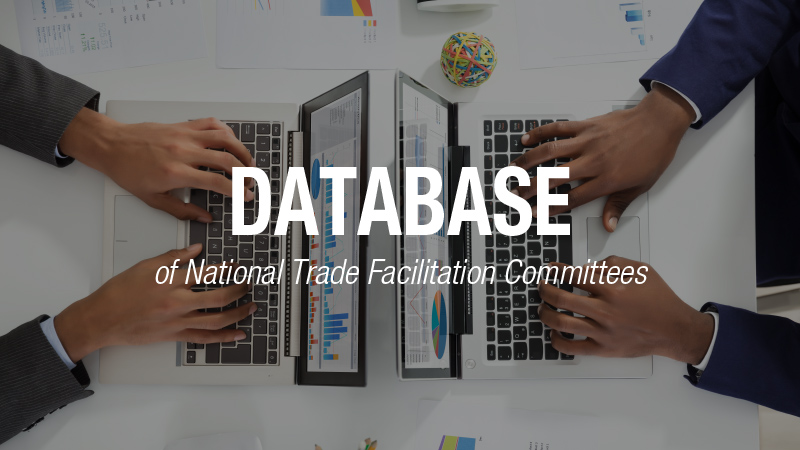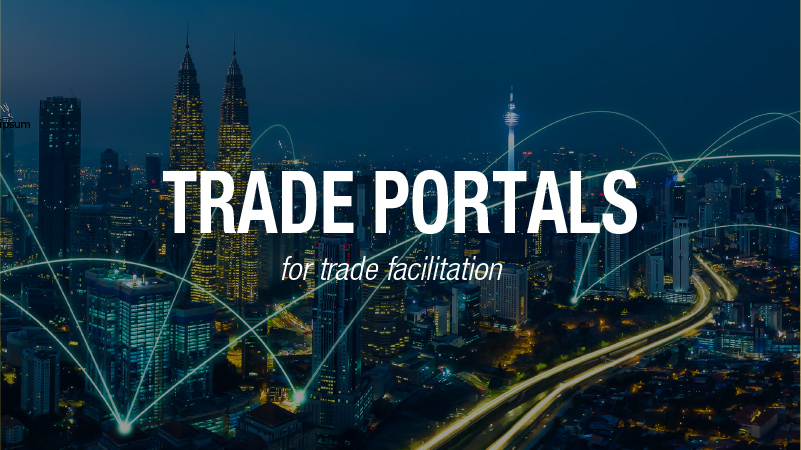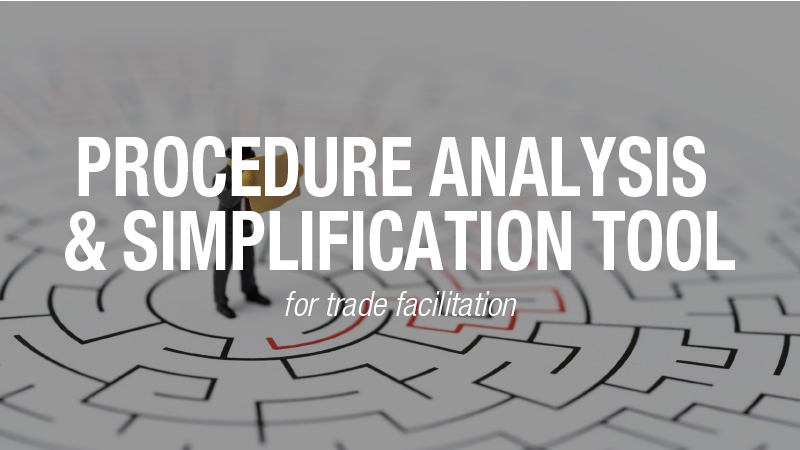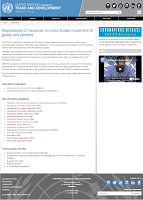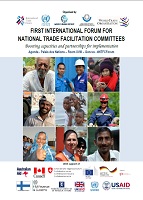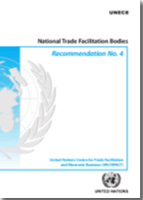Empowerment Programme for Trade Facilitation

The UNCTAD Empowerment Programme for Trade Facilitation is a comprehensive initiative aimed at strengthening the trade capacities of developing and Least Developed Countries (LDCs), Small Island Developing States (SIDS), Landlocked Developing Countries (LLDCs), and economies in transition.
It engages government officials, private sector professionals (including women, young traders, and vulnerable groups), academic and research institutions, and civil society organizations.
By providing tailored solutions, the programme supports inclusive and sustainable development, supply chain resilience, and good governance through digitalization, improving trade efficiency and cross-border collaboration.
Trade Facilitation Solutions
Advisory services and legal assistance
Delivers expert guidance and legal support to help countries adopt and implement trade facilitation measures, ensuring alignment with international standards and tackling specific legal challenges.
Capacity building and e-learning
Provides hands-on training and online courses, equipping trade professionals with essential skills and knowledge for efficient trade facilitation, including best practices, compliance, and digital tools.
Database of National Trade Facilitation Committees
A comprehensive database tracking the activities of National Trade Facilitation Committees globally, enhancing transparency and fostering cross-border collaboration.
Transit Coordination capacity building
Provides training and supports transit coordinators to streamline cross-border transport and boost coordination, especially for landlocked or transit-heavy countries.
Climate-Smart trade facilitation
Advances climate-smart solutions for sustainable global trade. Reducing carbon emissions by leveraging digital technologies and enhancing national coordination to streamline cross-border trade processes.
Rapid scan for trade facilitation preparedness
Assesses a country's level of trade facilitation preparedness to any emergency situation, identifying gaps and proposing recommendations.
Reform tracker for trade facilitation
Tracks and reports on the progress of trade facilitation reforms, keeping stakeholders informed and supporting trade modernization goals.
Trade Portals
Develops centralized digital platforms that streamline trade documentation for importers and exporters, improving accessibility, transparency, and efficiency.
Procedure analysis and simplification tool
Simplifies complex trade procedures, helping countries reduce red tape and make trade processes more efficient and accessible.
Other resources
|
|
Repositories of COVID 19 response measures on cross-border movement of goods and persons Non-exhaustive list of links to available online resources from international organizations and industry groups that provides up-to date information about the ongoing developments in various countries and also provides an overview of the multitude of measures of countries' COVID-19 measures responses. |
|
|
Presentations delivered at the First International Forum for National Trade Facilitation Committees The presentations of the Forum deal with all aspects of establishing and sustaining NTFCs, including the sharing of best practices and coaching techniques. Other presentations present how to access technical assistance for the NTFCs, including information on the challenges faced in identifying and sourcing necessary funding. |
|
|
National Trade Facilitation Bodies - Recommendation N°4 - (UNECE) The revised Recommendation No. 4 integrates Guidelines that provide a detailed description of the steps for establishing the NTFB as well as a model terms of reference for an NTFB which countries use or customize based on their national context. It also provides a non-exhaustive list of those stakeholders that should be represented in an NTFB, including: importers, exporters, freight forwarders, carriers, customs, other government agencies, banks, insurance companies and others. |



